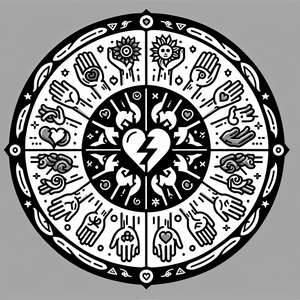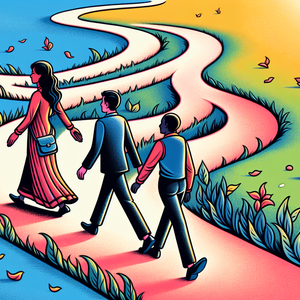The Hidden Costs: What Photographers Actually Take Home

One of the most significant expenses for photographers is their equipment. High-quality cameras, lenses, and accessories are essential for producing professional work. A professional camera body can cost anywhere from $1,000 to $5,000, while lenses can range from a few hundred to several thousand dollars each. Photographers also need to factor in the costs of maintenance, repairs, and upgrades. These expenses can accumulate quickly, and many photographers find themselves investing thousands of dollars just to stay competitive in their field.
Marketing and Branding
In an industry where competition is fierce, effective marketing is crucial. Photographers often spend money on building a professional website, creating promotional materials, and utilizing social media advertising. The costs associated with branding, including logo design and business cards, can also add up. In a digital age where an online presence is paramount, photographers must allocate a portion of their budget to ensure they stand out in a saturated market.
Studio and Operating Costs
For those who operate from a studio, rent can be one of the largest ongoing expenses. Even photographers who work primarily on location must consider costs such as insurance, utilities, and storage for equipment. Additionally, photographers often need to purchase props, backdrops, and other materials to enhance their shoots, which can further dent their earnings.
Post-Production and Software Fees
The editing process is a crucial part of photography that often goes unnoticed by clients. Photographers need to invest in powerful computers and editing software, such as Adobe Creative Cloud, which can cost over $50 a month. Additionally, time spent on editing can take away from time spent shooting, ultimately affecting their income.
Education and Professional Development
The photography industry is constantly evolving, and staying updated with the latest techniques and technologies is essential. Photographers often invest in workshops, courses, and conferences to hone their skills and network with other professionals. While these investments can lead to better work and higher pay, they also represent a significant cost.
While photography can be a fulfilling and potentially lucrative career, it is crucial for aspiring photographers to recognize the hidden costs that can significantly impact their net income. From equipment and marketing to studio expenses and ongoing education, the financial landscape of photography is complex and often misunderstood.
Wedding Photographer
Freelance, wedding photography studios, event planning companies
Core Responsibilities
Capture high-quality images during wedding ceremonies and receptions, ensuring that all key moments are documented.
Manage client consultations to understand their vision and preferences, discussing timelines and locations.
Edit and retouch photos post-event, delivering a polished final product within agreed-upon timelines.
Required Skills
Proficiency in using professional camera equipment and editing software (e.g., Adobe Lightroom, Photoshop).
Strong interpersonal skills to build rapport with clients and manage expectations.
Creative problem-solving skills to adapt to varying lighting conditions and unexpected situations.
Commercial Photographer
Advertising agencies, corporate marketing departments, e-commerce companies
Core Responsibilities
Create visually compelling images for advertising, marketing campaigns, and product catalogs.
Collaborate with art directors and marketing teams to develop concepts that align with brand messaging.
Oversee the entire photography process from pre-production planning to post-production editing.
Required Skills
Strong understanding of composition, lighting techniques, and digital imaging.
Experience with studio lighting and product styling.
Ability to work under tight deadlines while maintaining high-quality standards.
Fashion Photographer
Fashion magazines, modeling agencies, clothing brands
Core Responsibilities
Shoot editorial fashion spreads for magazines, advertising campaigns, and lookbooks.
Collaborate with designers, stylists, and models to create visually captivating images that convey brand identity.
Direct and pose subjects to achieve desired looks and moods in photographs.
Required Skills
Strong knowledge of fashion trends, styles, and the industry landscape.
Expertise in lighting and composition specific to the fashion genre.
Excellent networking skills to build relationships with industry professionals.
Real Estate Photographer
Real estate agencies, property management companies, freelance
Core Responsibilities
Capture high-quality images of residential and commercial properties for marketing purposes.
Utilize techniques such as HDR photography and virtual tours to showcase properties effectively.
Work with real estate agents to create visual content that attracts potential buyers.
Required Skills
Knowledge of real estate marketing strategies and the local market.
Proficiency in editing software to enhance property images and create virtual tours.
Strong attention to detail to highlight the best features of a property.
Event Photographer
Event planning companies, corporate organizations, freelance
Core Responsibilities
Document various events, including corporate functions, parties, and concerts, capturing both posed and candid moments.
Communicate with event organizers to understand the event's goals and required shots.
Provide clients with digital albums or prints after the event, ensuring timely delivery.
Required Skills
Ability to work in fast-paced environments and adapt to changing scenes.
Proficient in using portable lighting and equipment for different venues.
Strong editing skills to produce high-quality images quickly.


